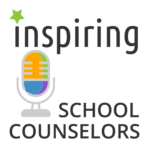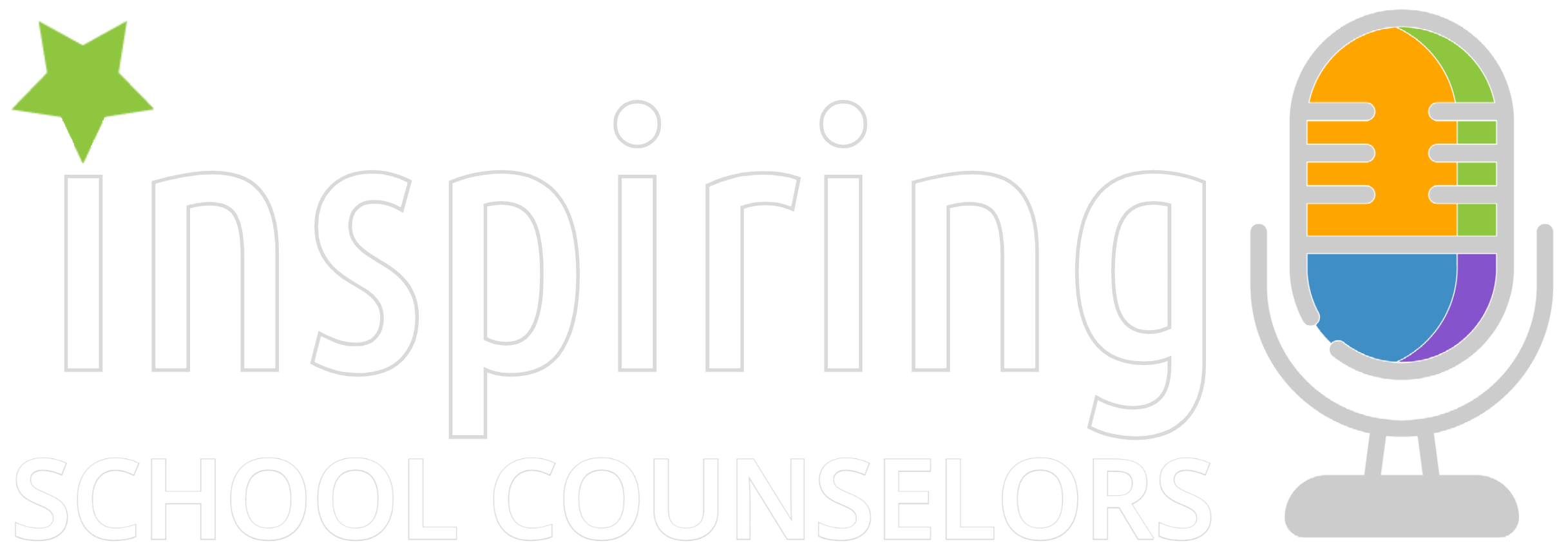One of the surest ways of promoting positive student behavior is to highlight occasions when students do good, whether in big or small ways. School Counselor Elishia Basner has found that this practice results in benefits that go beyond the walls of the school building.

This Week's Storyteller
 Elishia Basner has worked with college, high school, middle, and now elementary students for the past eight years. She’s currently the school counselor at West Hills Elementary in Knoxville, Tennessee. Elishia hosts a website called schoolcounselingtribe.org where she shares resources and ideas for school counselors. Last year she published Grown: 21 Short Lessons to Help Kids Thrive Socially and Academically, a book for middle schoolers.
Elishia Basner has worked with college, high school, middle, and now elementary students for the past eight years. She’s currently the school counselor at West Hills Elementary in Knoxville, Tennessee. Elishia hosts a website called schoolcounselingtribe.org where she shares resources and ideas for school counselors. Last year she published Grown: 21 Short Lessons to Help Kids Thrive Socially and Academically, a book for middle schoolers.
Resources from this Week's Story
Elishia’s website: School Counseling Tribe
Elishia’s book: Grown: 21 Short Lessons to Help Kids Thrive Socially and Academically
Share YOUR Story!
 Do you have a touching or funny (or both) story about school counseling? We want to hear it! Drop us a line or record your story with our online Sound Booth.
Do you have a touching or funny (or both) story about school counseling? We want to hear it! Drop us a line or record your story with our online Sound Booth.
If you have questions or need help, let us know!
Subscribe
Encouraging Words for School Counselors is also available on these podcast apps and others. If you can’t find the podcast on your favorite app, let us know and we’ll make sure we get there. If you prefer to listen in your browser, visit https://inspiresuccess.org/podcast every week for a new episode. For new episode notifications and more, follow Inspire Success on Facebook, Instagram, or Twitter.
Transcript
Matt Fleck:
Hey, welcome back to Encouraging Words for School Counselors, your weekly five-minute pick-me-up podcast with stories from school counselors around the country. I’m Matt Fleck with Inspire Success.
We’re in Tennessee this week with School Counselor Elishia Basner who contributed today’s story using our easy-to-use, online Soundbooth at inspiresuccess.org/soundbooth.
Elishia’s school is working on becoming more trauma informed and part of that process is to recognize and acknowledge when students are doing well. The idea came, in part, from the free socio-emotional learning resources from The Ned Show and its Upstander Award. Elishia has found that catching students doing good (so to speak) – and recognizing them for it – can have a substantial positive impact.
Elishia Basner:
One of the things that I observed recently was while walking on the playground, I saw two students who were engaged in a conversation with a few other peers who were making fun of a different student who had fallen and hurt himself. And they were standing up for him. And I was so proud of them that I gave them the Upstander Award for their kind of behavior. And, I reached out to the parents and let them know what, what I had observed and that we were giving them an award for their behavior. It was literally a piece of paper that had their name on it. Wasn’t even fancy paper, but we did put it in color. So we are fancy there, I guess. And this is the response from one of the student’s mothers. She says, you have brought me to tears this year has been so hard. I’m so thankful for this email. As a parent, I always wonder if she listens to what I try and teach her. And then she goes on to tell me about some difficulties that the family has had. And she says, this is just a little reminder that she’s going to be just fine. Thanks so much. It’s truly encouraging. And she is a survivor.
Matt:
The takeaway from this experience for Elishia was: Why must schools have the reputation of communicating with parents only when there is bad news to share?
Elishia:
Part of that communication means that when I am doing a lesson for students and I’m presenting to a particular grade level, I will reach out to the families as well. And I say, families, I’m not saying parents. I’m saying families because I want to be inclusive. Not everyone’s living with their mother and their father. Everyone’s different and I want to be inclusive. So I’ll reach out to the families after each lesson and I will tell them what we’ve worked on. And I will also give them ways that they can support that concept at home as well. The response to this has been phenomenal. This is how parents get to know me. They’re not just hearing my name for the first time when their kid is having a hard day.
Matt:
Years ago, when I was experiencing some particularly difficult challenges with a parent of one of my students, I found a book called Dealing with Difficult Parents that was really helpful. And I remember what struck me most in that book was an entire section on how to be proactive by building credibility with parents through positive communication before a situation happens in which you have to share not-so-good news. Building positive rapport with parents does take time – one of the rarest elements of a counselor’s day – but it does pay off.
Elishia:
I love the idea that we have a village raising our children that was really driven home for me on Friday when I had a student’s parent reach out to me, um, about a situation. And she said, she was like, I have no one. I have no one in my life other than the school. And she mentioned me and the social worker. She was like, you guys are my support network here. And that was a really powerful moment because for me it indicated that this community we’re building is real. Like, people really do rely on us and every day is a new and wild experience because it’s never the same. And that’s probably why I love my job so much
Matt:
Over the years I’ve realized that many parents bring emotional scars from their own school experiences with them when they come to school to advocate for their own child, and sometimes they project that anger on us simply because we’re available and we listen and we’re overall cool people. When that happens, about all you can do is listen and nod and be empathetic and then later — when they’re not directly in your face — don’t forget to send positive messages home about the good things their child is doing.
Our story comes from Elishia Basner who has written a book – apparently in her spare time – called Grown: 21 Short Lessons to Help Kids Thrive Socially and Academically. And she has a phenomenal website full of resources at schoolcounselingtribe.org. I listened to one of her “virtual calming space” YouTube links all day today and loved it. You can find a link to Elishia’s website on our website – inspiresuccess.org/podcast – where you can also listen to past podcast stories from other school counselors and record your own story for everyone to hear by clicking on our virtual soundbooth link. Again, inspiresuccess.org/podcast.
Thanks for listening, stay calm, and have a great week.
